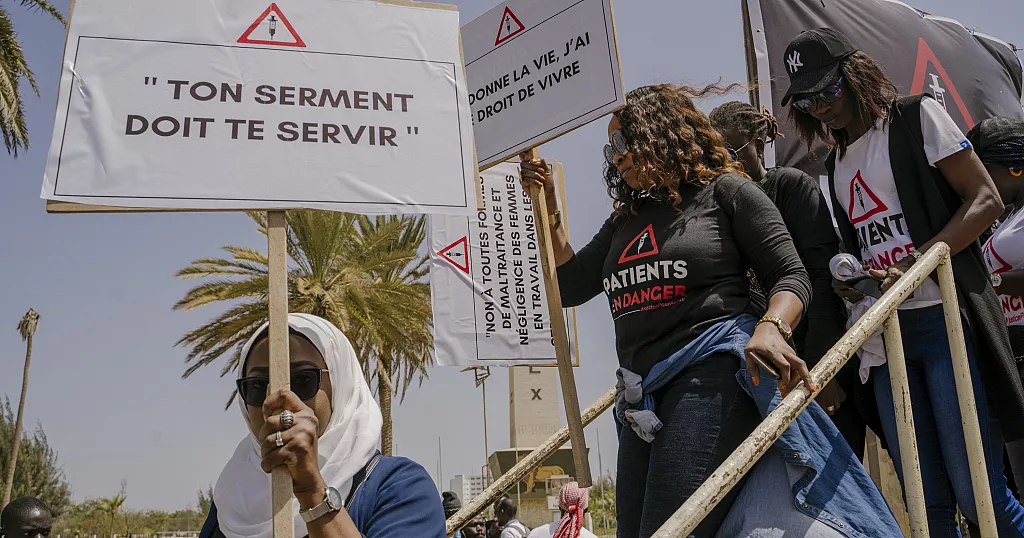
Senegal’s Ministry of Health and Social Action (MSAS) has announced the recruitment of 220 state midwives, in a significant step aimed at improving access to maternal and reproductive healthcare across the country—particularly in remote and underserved regions.
The latest statistics from the MSAS reveal a critical shortfall: there is currently only one midwife available for every 1,197 women of reproductive age.
This shortage has left numerous health centers, especially in rural areas, operating without qualified personnel capable of providing prenatal care or safely assisting with deliveries.
In some of the country’s most isolated communities, pregnant women are still forced to travel dozens of kilometers in search of professional medical assistance.
This persistent gap in healthcare access continues to put adolescent girls, expectant mothers, and newborns at risk, especially when it comes to managing high-risk pregnancies.
In response, the government has initiated a targeted recruitment drive under the broader SWEDD+ program—an initiative for Women’s Empowerment and the Demographic Dividend in West Africa.
The project aims to recruit a total of 500 midwives across 11 of Senegal’s most vulnerable regions, where the shortage is most pronounced.
The newly announced recruitment of 220 midwives marks the first wave of this effort, which is supported by key international partners including the World Bank and the United Nations Population Fund (UNFPA).
Beyond simply filling vacant roles, the goal is to ensure that skilled healthcare professionals are present and retained in the country’s most neglected areas—regions often bypassed by young professionals due to poor infrastructure and difficult living conditions.
Authorities hope this measure will significantly reduce maternal mortality, limit preventable childbirth complications, and improve access to essential services for women and adolescents.
However, health experts warn that recruitment alone will not be enough. For the initiative to succeed in the long term, newly deployed midwives will require proper housing, transportation, equipment, and incentives to remain in rural posts.
Despite these challenges, the decision signals a shift in policy direction. While the number of recruits may not fully meet the country’s needs, the move represents a concrete and long-overdue commitment to rebuilding Senegal’s maternal healthcare system from the ground up.



